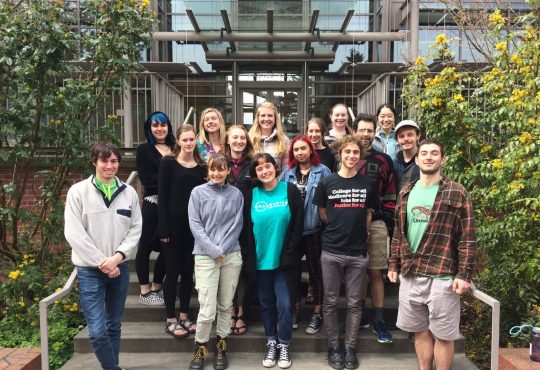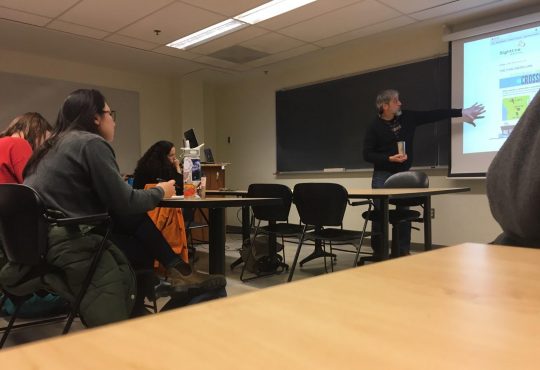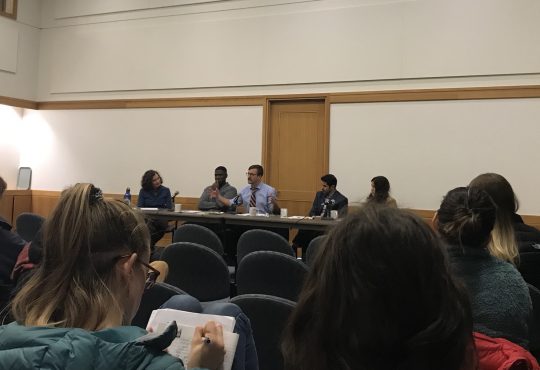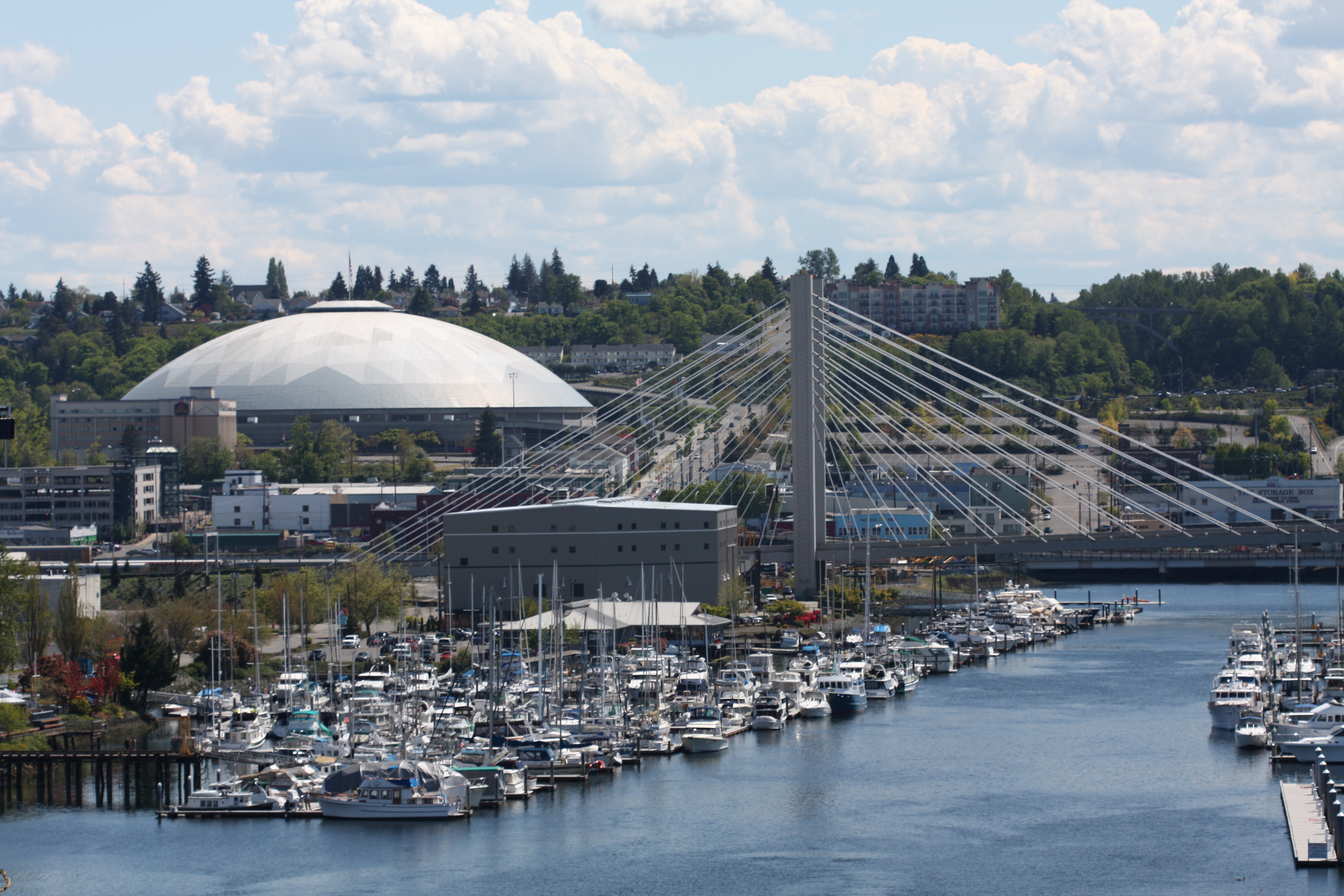If Washington is to truly move beyond coal, harmful coal trains cannot be allowed to run though its cities.
Millennium Bulk Terminals Longview (MBTL) is currently proposing the installation of a coal export terminal in Cowlitz County.
The Environmental Impact Statement for MBT website states that the terminal would have the ability to process 48.5 million tons of coal each year.
One hearing was already held on Sept. 17 in Longview, and more are to be held in Spokane, Pasco and Vancouver. The proposed terminal plant will cause a variety of environmental problems due to coal dust. These hearings are meant to inform people about these impacts.
The coal dust blown off of passing trains contaminates both the air and water. The Sierra Club has already been involved in lawsuits against coal companies that have violated the federal Clean Water Act. There is a fact sheet regarding coal dust on their website.
One of the major impacts of coal dust has to do with all of the chemicals found in it that get into the soil, air and water supply. The Sierra Club’s fact sheet cites tests that have shown coal dust to contain toxic heavy metals such as arsenic and lead.
Not only do coal trains affect the environment, they also impact cities’ infrastructures.
Seattle Mayor Mike McGinn’s website published a study conducted by the Department of Transportation and engineers from a company called Parametrix found that as few as 18 trains running through Seattle each day would significantly increase traffic delays.
The trains would also directly impact public safety by restricting access to the waterfront.
If the trains would have this kind of impact on Seattle, then there would be unprecedented consequences from having these trains run through other major cities throughout the Pacific Northwest.
The Millennium Bulk website says that through this project they will be “investing an estimated $600 million in this multi-year construction project which will result in a state-of-the-art facility to support the increasing global demand for coal.”
They also state that the facility will result in a total of 1,350 temporary direct jobs, for the construction of the site, and 135 direct jobs for the ongoing management of the facility. It would be one thing if the Cowlitz County wanted this plant to be created, but Cowlitz Indian tribe officials have already stated their opposition to the project.
The impacts of coal trains on the environment are too well documented for MBL to defend their proposal by saying they will create a mere 135 permanent jobs.
Students for a Sustainable Campus (SSC) were heavily involved with spreading awareness about this project last semester.
“Members of the Beyond Coal task force brought a petition opposing coal burning and exporting in the state of Washington that had been signed by hundreds of students to ASUPS in October of 2011 along with the Washington Beyond Fossil Fuels Resolution.
The Senate ultimately passed the resolution with unanimous support, making our school the first in the Pacific Northwest to do so,” SSC club member Madeleine Vistica said.
In addition to this accomplishment, it is important to note that Senate Bill E2SSB 5769 was signed by former governor Christine Gregoire.
This bill made it so that the burning of fossil fuels in Washington will be phased out completely by 2025.
Despite these huge strides towards making Wash. coal free, the impact of the proposed Longview export terminal has to be taken very seriously.
“The dust alone brings with it health risks, the most common being severe asthma. It really is a local issue that nobody in this part of the country can ignore,” Vistica said.
If Washington is truly to move beyond coal, people living in this area need to be involved in making sure these coal trains are not allowed to pass through the state.
It is time for the nation and the world to move beyond the burning of fossil fuels.
In order for this to happen, projects like the Longview export terminal have to be stopped. The costs far outweigh any possible benefits and it simply does not make sense to allow this project to continue.




